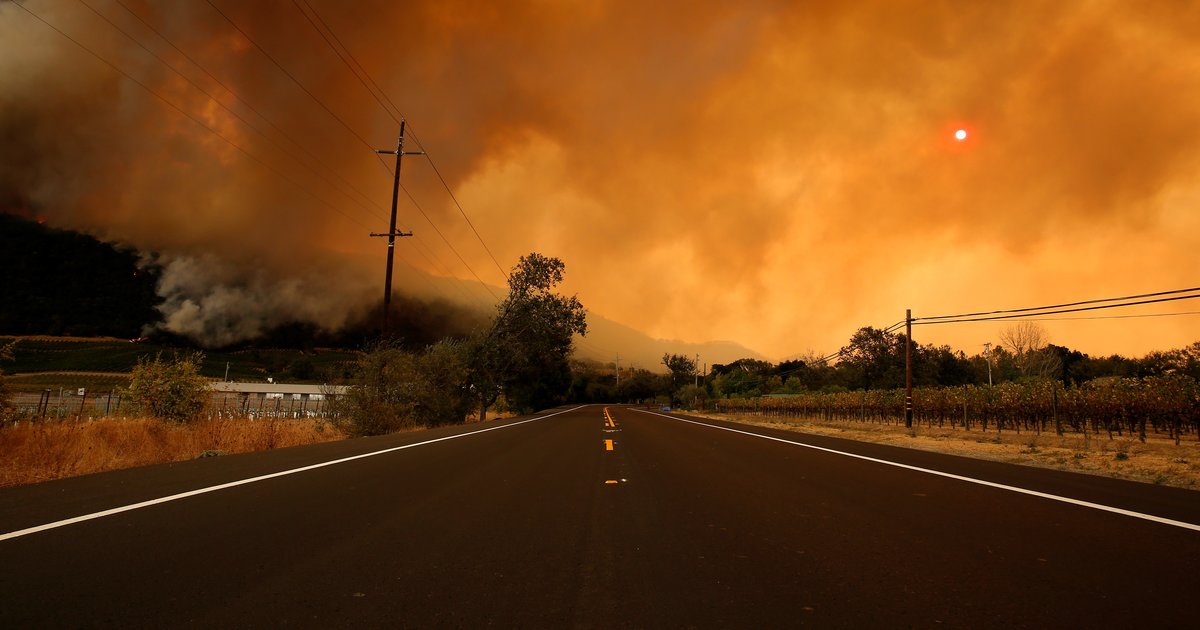
Scientists say millions more are at risk of flooding over the decades to come based on climate change already in the pipeline. In order to survive, the time to adapt is now.

From Texas to Puerto Rico, here’s how much damage extreme weather caused last year.

Fires continue to burn Southern California, and climate scientists have warned us for years that the region was entering a year-round fire regime.

The viewpoint article -- "World Scientists' Warning to Humanity: A Second Notice" - was signed by more than 15,000 scientists in 184 countries.

The focal point of the recovery plan is to trigger the replacement of outdated fossil-fuel power grids with new renewable energy-based energy systems that will have the ability to endure extreme weather conditions.

As Portugal reels from its worst wildfires on record, seven Portuguese children have met an important crowdfunding goal for their major climate lawsuit against 47 European nations.

In the past decades, large areas of forest in Sumatra, Indonesia, have been replaced by cash crops like oil palm and rubber plantations. New research shows that these changes in land use increase temperatures in the region.

Health experts warn of the effects of the fine-particulate pollution generated by wildfires, which are worsening in part due to climate change.

Tropical Storm Ophelia poised to tie a hurricane season record more than a century old.

The current earthquake swarm around the Yellowstone supervolcano is now the longest ever recorded. The swarm started June 12, and over the past three or so months, around 2,500 earthquakes have been recorded so far.

When the strong winds that circle the Arctic slacken, cold polar air can escape and cause extreme winter chills in parts of the Northern hemisphere - a new study finds.

Two powerful quakes, 12 days apart, have killed hundreds of people in Mexico this month. We look at how, where and why the big ones happen.
An attempt to highlight irresponsible decisions of world leaders, corporates and mindless 'consumers'. The video is dedicated to all who died fighting for Earth and those whose lives are on the line today.

Hurricanes will be a lot more powerful - by 2% to 11%, depending on which model you use and potentially more destructive, according to the GFDL.

Climate change did not cause Harvey, or any other storm, but it makes intense storms like Harvey more likely to occur, scientists say.